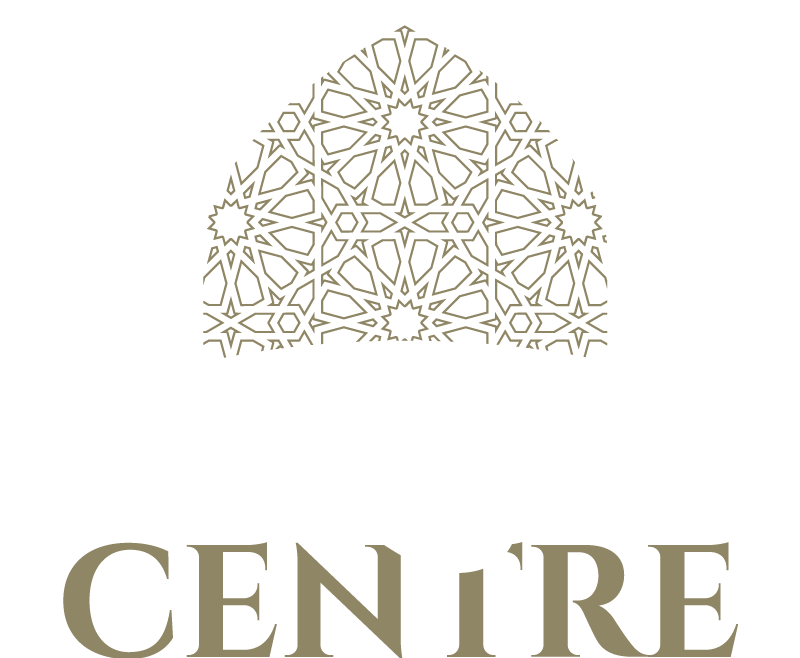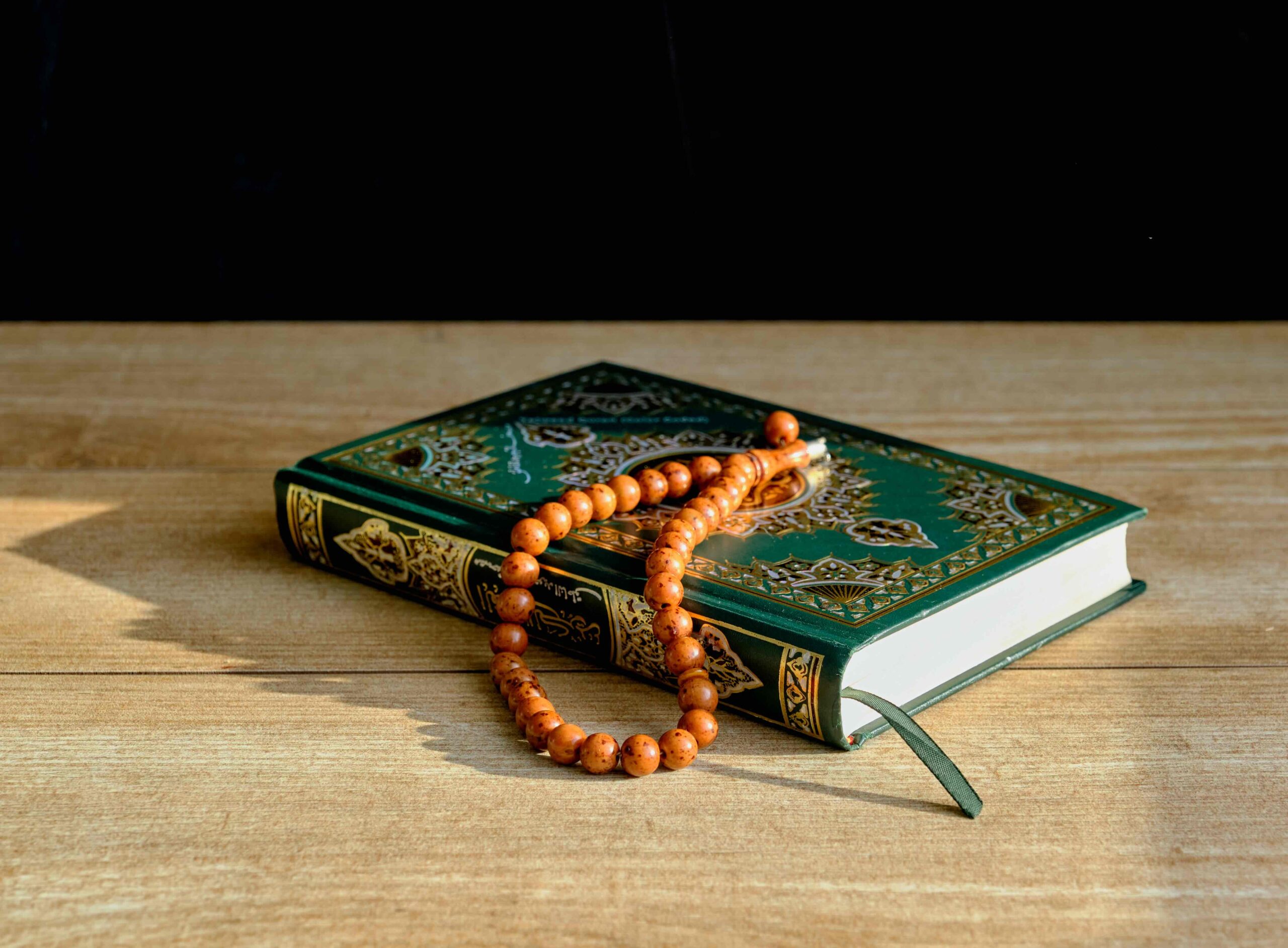Ruqyah is a traditional Islamic spiritual healing practice using Qur’anic verses and supplications. It’s been a solace for believers, offering solutions for various problems from the evil eye to jinn possession. This FAQs aims to illuminate common queries surrounding Ruqyah, its methods, and its significance.
What is Ruqyah?
‘Ruqyah’ is the Islamic practice of reciting certain verses from the Qur’an and supplicating to seek protection or healing. It is considered a remedy for various kinds of harm, including the evil eye, magic, and health issues.
How is Ruqyah Performed?
Ruqyah involves reciting specific verses from the Qur’an or supplications taught by the Prophet Muhammad. It may include blowing into water and drinking it or reciting over an afflicted person.
What Are the Conditions for Successful Ruqyah?
For Ruqyah to be effective, the person performing it should have sincere intention, strong faith, and patience. The process may include making wudu (ablution), offering two rak’ahs (units of prayer), and giving charity.
Can Ruqyah Cure Physical Ailments?
While Ruqyah is primarily for spiritual healing, it can complement medical treatment for physical ailments. It should not replace conventional medicine but can be used alongside it.
Is Ruqyah Effective Against Evil Eye?
Yes, Ruqyah is recommended for protection and healing from the evil eye, which is recognized in Islam as a harmful force that jealous or malicious intentions can cause.
Can Anyone Perform Ruqyah?
Any Muslim with knowledge of the Qur’anic verses and supplications can perform Ruqyah. It does not require any special status or qualification.
How Often Should Ruqyah Be Performed?
The frequency of Ruqyah depends on the severity of the condition. It can be performed daily, especially in cases of persistent affliction.
What Are the Signs of Affliction?
Signs may vary, including unusual health issues, emotional disturbances, unexplained fears, and a general sense of unease. Reciting Ruqyah can sometimes intensify these symptoms, indicating the presence of an affliction.
How to Protect Oneself From Harm?
Regular recitation of the morning and evening supplications, adhering to the prophetic traditions, and maintaining a strong relationship with Allah are essential for protection against harm.
What Should One Do if They Feel No Improvement?
If there’s no improvement, individuals should examine their faith and intentions, seek forgiveness for sins, and continue the Ruqyah with patience. Consulting a knowledgeable person for advice may also be beneficial.

